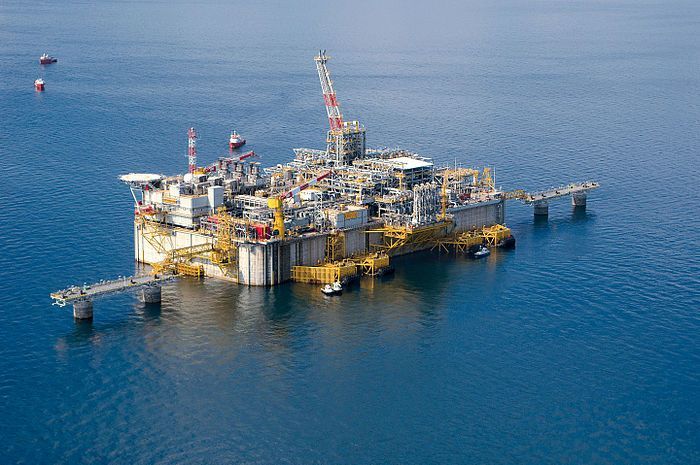Case Study:
Managing Commissioning and Completion on a Major Refinery Upgrade Project
Introduction:
The commissioning and completion process for a major refinery upgrade project can be complex and challenging. In this case study, we will examine how Complan's project team utilized
WinPCS to manage the commissioning and completion process, resulting in improved efficiency and a successful project outcome.
Background:
The project involved a major upgrade to an existing refinery, including the construction of new units and the modification of existing units. The project was expected to take two years and cost over $1 billion.
The project team was tasked with ensuring that the new units were integrated seamlessly with the existing units, and that the refinery could operate at its full capacity once the project was complete. The project team knew that proper planning, execution, and control of the commissioning and completion process were critical to the success of the project.
Solution:
Complan's project team implemented WinPCS to manage the commissioning and completion process. The software was installed on all project computers, and the team was trained in its use. The
WinPCS
system was then customized to fit the specific requirements of the project.
The software allowed the project team to track the progress of individual systems and sub-systems in real-time, with the ability to drill down into each component and see its status. This allowed the team to quickly identify problems and take corrective action. The software also enabled the project team to track progress against the original plan and adjust timelines and budgets accordingly.
Results:
Using
WinPCS, the project team was able to streamline the commissioning and completion process, reducing downtime and ensuring quality. The real-time tracking of individual systems and sub-systems allowed the team to quickly identify issues and resolve them, reducing the time and cost associated with rework.
The software also allowed the project team to optimize the commissioning and completion process, identifying opportunities to accelerate certain aspects of the project while maintaining quality.
The use of WinPCS resulted in significant time and cost savings, improved efficiency, and a successful project outcome. The project was completed on time, within budget, and to the satisfaction of all stakeholders.
Conclusion:
Complan's project team successfully managed the commissioning and completion process on a major refinery upgrade project, utilizing WinPCS to streamline the process and ensure a successful outcome. By providing real-time tracking of progress and identifying issues, it allowed the project team to take corrective action quickly, reducing downtime and costs.
In this case study, the use of
WinPCS resulted in significant time and cost savings, improved efficiency, and a successful project outcome. As such, it is highly recommended for use on similar large-scale refinery upgrade projects in the industry.

